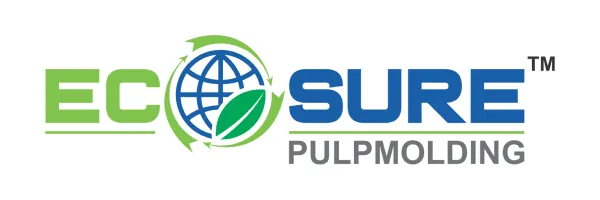Beyond Compliance: How EPR and Voluntary Goals Are Shaping the Future of Sustainable Packaging.
Published: September 2025
As the world moves toward reducing plastic pollution and embracing circular solutions, the conversation around Extended Producer Responsibility (EPR) is gaining momentum. In the U.S., several states have already passed EPR laws that hold producers accountable for the lifecycle of their packaging. But here’s the key insight: while EPR sets the minimum standard, it is voluntary corporate commitments that continue to drive innovation and set the pace.
EPR: The New Baseline for Packaging
EPR laws are reshaping packaging requirements. For example, California’s SB 54 mandates a 25% cut in single-use plastics in packaging and food service ware by 2032, along with clear targets to ensure recyclability or composability.
This means companies can no longer treat sustainability as optional it’s becoming a regulatory necessity. EPR brings accountability, data-driven reporting, and clear deadlines.
Voluntary Goals Still Matter
Even before EPR, many companies had pledged to reduce virgin plastic use or make packaging recyclable, compostable, or reusable by 2025. While some targets were missed, these goals were aspirational and set the stage for stronger commitments.
Industry experts like Jonathan Quinn of the U.S. Plastics Pact emphasize:
“EPR sets the floor, but voluntary commitments are what are going to set the pace.”
This means that businesses with strong internal sustainability agendas will continue to lead, even beyond compliance.
Lessons from Global Brands
Coca-Cola, PepsiCo, and Diageo have already announced their next phase of packaging goals beyond 2025.
Companies are refining strategies with better data and deeper insights, thanks to EPR reporting requirements.
Many organizations are customizing goals to balance compliance with innovation.
The Role of Communication and Transparency
Sustainability is not just about compliance it’s also about trust. Companies that openly share updates, challenges, and revisions to their goals can build stronger relationships with stakeholders. As sustainability consultants suggest, being transparent with context is what builds credibility.
What This Means for Africa and Ecosure
While the U.S. and Europe are advancing with EPR, Africa is beginning to explore similar frameworks. Countries like Tanzania, Kenya, and Nigeria are already implementing bans on plastics. The next logical step is EPR and investment in circular systems.
Ecosure Pulpmolding Technologies, we believe:
Biodegradable packaging made from bagasse, wheat straw, and bamboo provides a direct solution for meeting both voluntary and regulatory targets.
Our fiber Pulpmolding machines enable businesses to manufacture sustainable packaging locally, reducing dependence on imports.
By combining policy compliance (EPR) with corporate ambition (voluntary goals), Africa can leapfrog into a leadership role in sustainable packaging.
Conclusion
EPR laws are here to stay and they are raising the bar for packaging sustainability. But true transformation will come from companies that go beyond compliance, setting ambitious voluntary goals and embracing innovation.
👉 Ecosure, we’re ready to support businesses with the technology, expertise, and solutions needed to achieve both regulatory compliance and leadership in sustainability. Together, we can build a plastic-free, circular future.




